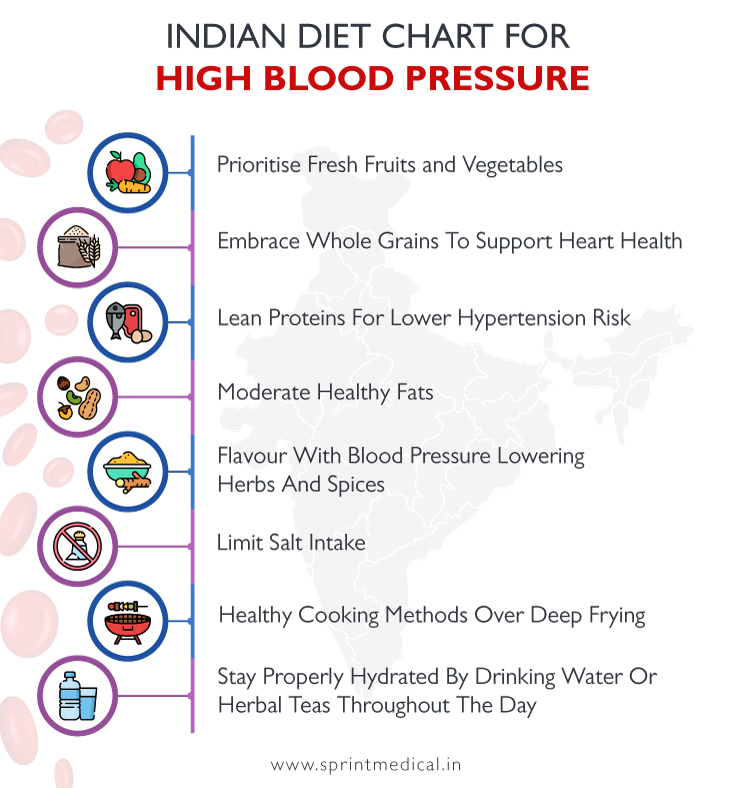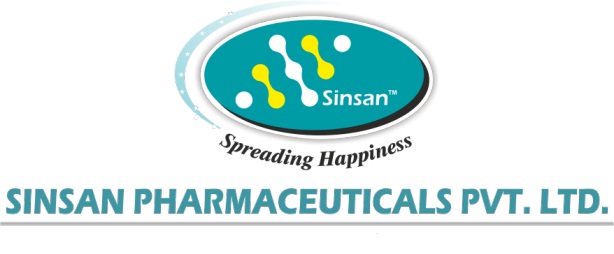WHAT IS THE ROLE OF DIET IN HIGH BLOOD PRESSURE?

- Sodium Intake Reduction: Excessive sodium increases BP levels; hence limiting salt intake plays an important role in managing your diet.
- Potassium enriched Food inclusion: Choosing potassium-rich foods counterbalances sodium effects and controls blood pressure effectively.
- Magnesium Matters: Magnesium-enriched food items promote hypertension-free living
- DASH Diet Approach: The “Dietary Approaches To Stop Hypertension” (DASH) emphasizes a balanced meal plan consisting of fruits & vegetables with lean protein & low-fat dairy components that aid in maintaining healthy blood pressure levels
- Cutting down on Sugar intake: Reducing sugary drinks, processed snacks, and sweets from your diet effectively prevents hypertension and ensures healthy living.
What is the dash diet for high blood pressure?
If an individual is seeking healthier blood pressure levels, then following DASH (Dietary Approaches to Stop Hypertension) diet is key. This diet prioritizes the consumption of nutrient-dense food that assists in maintaining good heart health. Here are some important points to consider:
Fruits and Vegetables: Eating a wide variety of colorful fruits and vegetables will supply you with essential vitamins, minerals, and antioxidants – all essential contributors to cardiovascular health.
Whole Grains: It is best to consume whole grains like brown rice, whole wheat bread, and oats due to their fiber content & source of other critical heart-healthy nutrients which contribute positively towards well being.
Lean Proteins: A lean source of protein such as poultry, fish, beans and legumes are excellent protein choices for those looking for beneficial nutrients for managing blood pressure without raising their saturated fat content.
Low-Fat Dairy: Selecting dairy options that are low-fat or fat-free is advised to maintain adequate calcium levels while keeping the intake of saturated fats to a minimum.
Limit Sodium Intake: Highly processed foods with high levels of sodium along with canned soups and salty snacks are strongly discouraged due to their negative impact on blood pressure. Flavor-enhancing herbs and spices should instead be considered.
Healthy Fats: Heart-healthy fats from nuts, seeds, avocados and olive oil can be included in your diet. But to maintain a balanced calorie intake they should still be eaten moderately.
Moderate Alcohol Consumption: High alcohol consumption can lead to elevations in blood pressure.
